
The History of Bitcoin - A Journey from Ideology to Adoption

Bitcoin, often referred to as digital gold, has become a household name over the past decade. Yet, its origins and development go beyond its market price or mainstream discussions.
In this post, we will dive into the history of Bitcoin, tracing its journey from a mere concept to the widely accepted and influential cryptocurrency it is today.
Bitcoin’s Historical Journey
As we venture further into Bitcoin's timeline, it's crucial to note that its history is not just a series of technological advancements but also a compelling narrative of how society's approach to money and finance is evolving.
From its mysterious origins to its modern-day impact, Bitcoin's historical journey offers invaluable lessons in innovation, resilience, and the ever-changing dynamics of value and trust. Let's delve into the key moments that have defined this digital currency's fascinating story.
The Precursors to Bitcoin
Before Bitcoin became a reality, the idea of digital money had been toyed with for years. Concepts like 'bit gold' and 'b-money' were formulated but never fully developed. These prototypes, while not as successful, paved the way for what was to come.
The Enigmatic Creator: Satoshi Nakamoto
In 2008, an individual or group under the pseudonym "Satoshi Nakamoto" published the Bitcoin whitepaper titled "Bitcoin: A Peer-to-Peer Electronic Cash System." This groundbreaking document presented a solution to the double-spending problem, enabling transactions without a central authority.
Bitcoin's First Steps (2009-2010)
Genesis Block: On January 3, 2009, the first-ever Bitcoin block was mined, marking the birth of Bitcoin's blockchain.
First Transaction: Later that year, Satoshi sent 10 BTC to computer scientist Hal Finney, marking the first Bitcoin transaction.
Bitcoin Pizza Day: In 2010, a user traded 10,000 BTC for two pizzas, giving Bitcoin its first tangible value. Bitcoin Pizza Day is celebrated annually on May 22 and marks the anniversary of the first-ever real-world Bitcoin transaction.
Growing Pains and Recognition (2011-2012)
Altcoins: With Bitcoin's success, other cryptocurrencies, known as altcoins, began to emerge. Litecoin, one of the earliest, claimed faster transaction speeds.
Silk Road Controversy: Bitcoin's anonymity features became popular on the Silk Road, a dark web marketplace. This association brought scrutiny but also heightened interest in the currency.
Bitcoin Foundation: To standardize and promote Bitcoin, industry members formed the Bitcoin Foundation in 2012.
Adoption and Challenges (2013-2016)
All-time Highs: Bitcoin reached $1,000 for the first time in late 2013, driven by growing adoption and media attention.
Mt. Gox Disaster: Once the world's largest Bitcoin exchange, Mt. Gox filed for bankruptcy in 2014 after losing around 850,000 BTC, shaking trust in the ecosystem.
Regulatory Scrutiny: As Bitcoin's popularity surged, regulators worldwide started examining the cryptocurrency, leading to both challenges and legitimacy.
Mainstream Acceptance (2017-Present)
Bull Run of 2017: Bitcoin's price soared to almost $20,000 by the end of 2017, driven by retail and institutional interest.
Scaling Solutions: Recognizing Bitcoin's scalability issues, the community developed solutions like the Lightning Network to handle more transactions.
Institutional Adoption: Corporate giants like Tesla and MicroStrategy began adding Bitcoin to their balance sheets, marking a significant shift in its acceptance.
Bitcoin Price Trajectory
Bitcoin's price trajectory has been nothing short of a roller coaster ride since its inception. Beginning as a virtual unknown, valued at mere pennies, it saw its first surge in 2011, crossing the $1 threshold. Several highs and lows followed, shaped by regulatory news, technological developments, and market sentiment. The landmark moment came in late 2017 when it peaked near $20,000, drawing global attention.
In late 2021, the price of BTC reached approximately $64,000. However, in 2022, Bitcoin experienced notable price volatility, with its value dropping from its peak and reaching a low of around $16,000. By 2023, it had stabilized at approximately $26,000.

Since then, despite facing volatility and market corrections, Bitcoin has shown resilience, and its upward trend has made it a topic of both enthusiasm and scrutiny in financial circles, solidifying its position as a pioneering force in the crypto world.
What Makes Bitcoin So Revolutionary?
Bitcoin is more than just a digital currency. Its revolutionary aspects have had ripple effects on the financial industry and beyond. Here's what sets it apart:
Decentralization: Traditional banking and financial systems are centralized, meaning they're controlled by institutions or governments.
Bitcoin, in stark contrast, operates on a decentralized platform. This decentralization means no single entity has control over the network, allowing for a system where trust is established through consensus rather than authority.
Transparency and Security: Each Bitcoin transaction is recorded on a public ledger called the blockchain. Anyone can verify these transactions, making the system transparent. At the same time, Bitcoin transactions are secured with cryptographic techniques, ensuring the safety of users' data and assets.
Financial Inclusion: An estimated 1.7 billion adults worldwide don't have access to traditional banking. Bitcoin offers an alternative, providing a way for the unbanked to save, transact, and even borrow or lend. With just a smartphone and internet connection, anyone can become part of the global economy.
Immutability: Once a transaction is added to the Bitcoin blockchain, it's nearly impossible to change or remove. This immutable nature ensures that the history of transactions is unalterable, further solidifying the trust users place in the system.
Digital Scarcity: Bitcoin has a maximum supply cap of 21 million coins. This scarcity mimics precious resources like gold and stands in contrast to fiat currencies, which governments can print in unlimited quantities. Such a cap creates a deflationary aspect, potentially serving as a hedge against inflation.
These factors collectively challenge and reshape our understanding of money, value, and trust in systems. Bitcoin's innovative design and its solutions to longstanding financial issues are what make it genuinely revolutionary in the world of finance and technology.
Controversies Around Bitcoin
Since its emergence, Bitcoin has been surrounded by controversies that have added layers of complexity to its narrative. One of the most prominent was its association with the Silk Road, an infamous online black market, which cast a shadow over Bitcoin's potential legitimate use cases due to its illicit transactions.
The Mt. Gox debacle in 2014 further shook the crypto community's confidence when approximately 850,000 Bitcoins went missing from the platform, underscoring potential security risks. Regulatory challenges have also been a consistent theme.
Governments worldwide grapple with how to classify and regulate Bitcoin, caught between seeing it as a potential economic boon or a threat to traditional financial systems.
While these controversies have often painted Bitcoin in a negative light, they've also been instrumental in sparking debates, leading to more robust security measures, and pushing for clearer regulatory frameworks.
Also Read - Is Bitcoin Dead?
Future Outlook of Bitcoin
The future of Bitcoin is a topic that captivates investors, technologists, and financial analysts alike. Various factors play into its trajectory, each with its implications for the cryptocurrency's role in the global financial landscape.
Bitcoin Halving and Its Economic Implications:
One significant factor in Bitcoin's future outlook is the "halving" events, which occur approximately every four years. These events reduce the reward for mining new blocks by half, effectively slashing the new supply of Bitcoin entering the market.
Historically, halvings have precipitated substantial increases in Bitcoin's price, largely due to the dynamics of supply and demand.
Bitcoin's Value Proposition – Drawing Parallels with Gold:
This inherent digital scarcity, often likened to gold's finite amount, enhances Bitcoin's value proposition. As a result, Bitcoin is increasingly being recognized as both a store of value and a hedge against inflation.
Technological Advancements:
With the development and implementation of solutions like the Lightning Network, Bitcoin is addressing challenges related to scalability. These technological innovations aim to make transactions faster, cheaper, and more efficient, boosting its usability in real-world applications.
Challenges Ahead:
However, the road ahead is not without obstacles. Environmental concerns arising from energy-intensive mining practices and potential regulatory hurdles pose challenges to Bitcoin's broader acceptance and integration.
Frequently Asked Questions
Q1. What is the significance of Bitcoin's 21 million cap?
The 21 million cap ensures that there will never be more than 21 million Bitcoins in existence. This limitation creates digital scarcity, which can drive demand and potentially support its value over time.
Q2. How does Bitcoin differ from traditional currencies?
Unlike fiat currencies which are government-issued and centrally controlled, Bitcoin operates on a decentralized system, meaning no central authority governs or regulates it. Its value isn't tied to any tangible asset, making it inherently volatile.
Q3. What are the environmental concerns surrounding Bitcoin?
Bitcoin mining requires significant computational power, leading to high energy consumption. This has raised environmental concerns, especially if the energy sources are non-renewable.
Q4. How does one store and secure Bitcoin?
Bitcoins are stored in digital wallets, which can be hardware-based (like USB devices) or software-based (apps or computer programs). Securing them involves private keys, strong passwords, and sometimes multi-factor authentication.
Q5. Is Bitcoin legal in all countries?
No, the legal status of Bitcoin varies from one country to another. While some have embraced it, others have banned or restricted its use. Always consult local regulations before engaging in Bitcoin transactions.
Q6. Can Bitcoin transactions be traced?
While Bitcoin transactions are recorded on a public ledger, they are pseudonymous, not anonymous. This means transactions can be traced, but linking them to an individual can be challenging unless there's a breach in their operational security.
Q7. How do "halving" events affect the rate at which new Bitcoins are created?
Halving events reduce the reward miners receive for adding new blocks to the blockchain by 50%. This means that the rate at which new Bitcoins are introduced into circulation is halved, contributing to its scarcity.
Q8. Are there other cryptocurrencies similar to Bitcoin?
Yes, there are thousands of cryptocurrencies, often referred to as "altcoins." Some, like Litecoin or Bitcoin Cash, share similarities with Bitcoin, while others, like Ethereum, have distinct features and use cases.
Conclusion
The history of Bitcoin is a testament to human innovation and resilience. From its ideological beginnings to its current position in the global financial landscape, Bitcoin's journey has been both inspiring and tumultuous.
As we at Token Metrics value quality, accuracy, and up-to-date information, it's essential to remember that the world of cryptocurrency is ever-evolving. To harness Bitcoin's full potential, always stay informed, and make data-driven decisions.
Disclaimer
The information provided on this website does not constitute investment advice, financial advice, trading advice, or any other sort of advice and you should not treat any of the website's content as such.
Token Metrics does not recommend that any cryptocurrency should be bought, sold, or held by you. Do conduct your own due diligence and consult your financial advisor before making any investment decisions.

.svg)

Create Your Free Token Metrics Account

.png)




%201.svg)
%201.svg)


%201.svg)



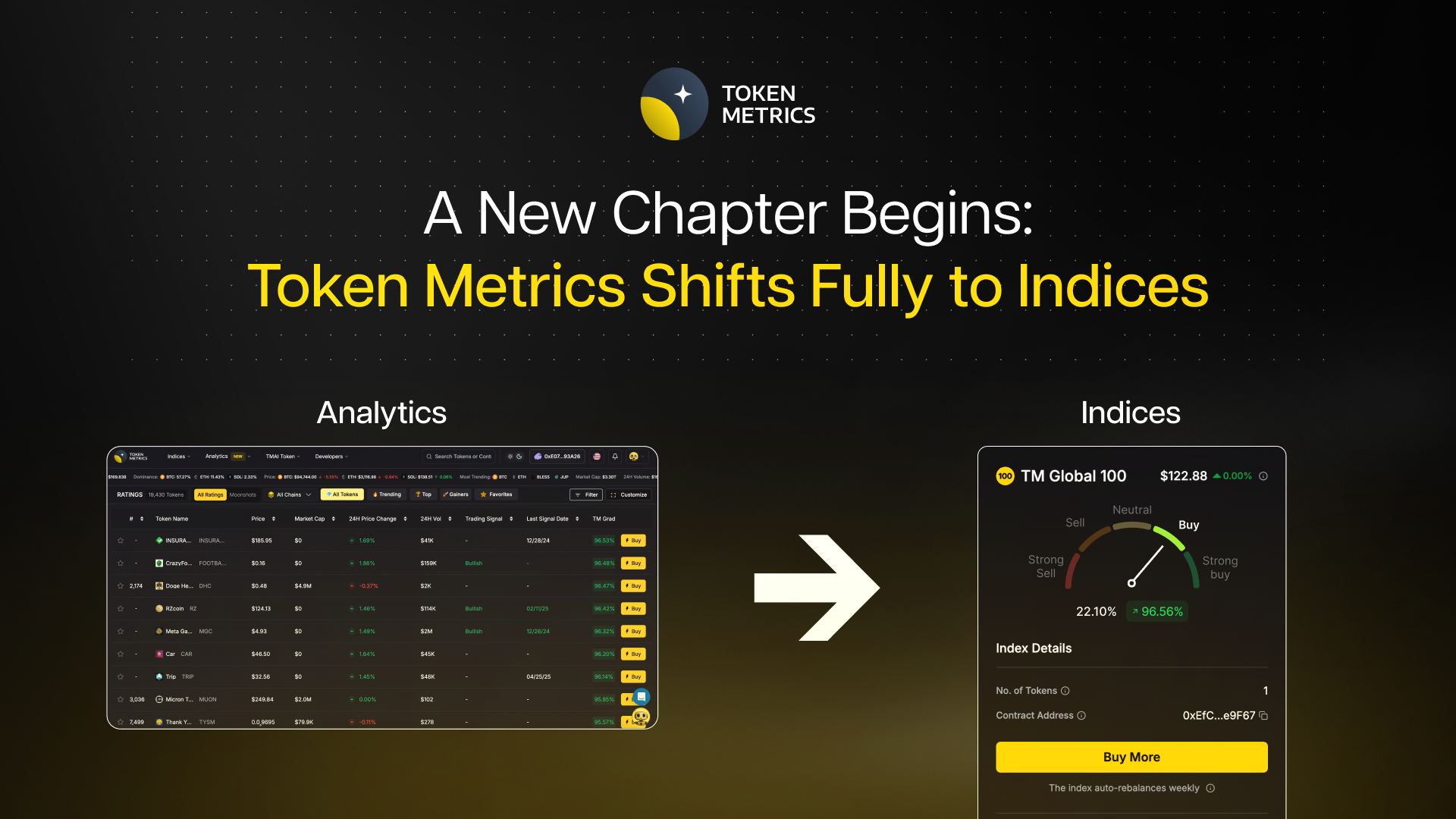

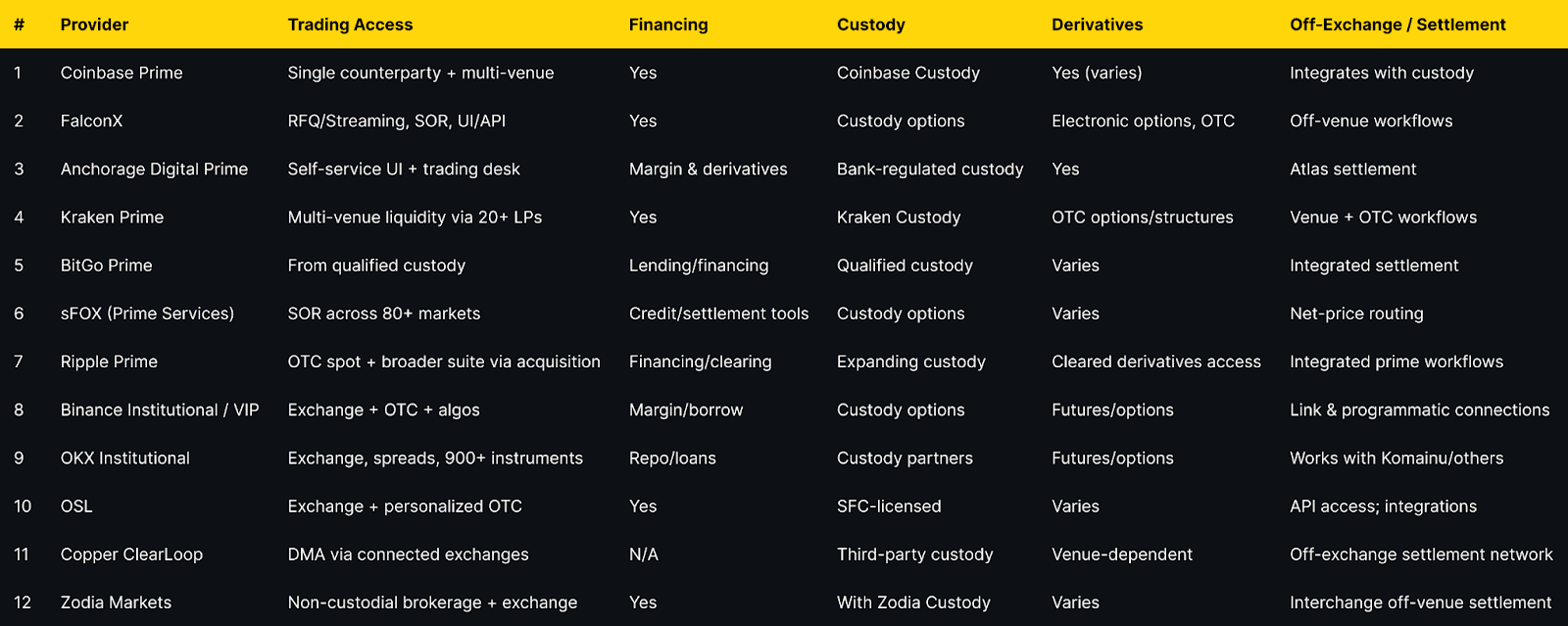

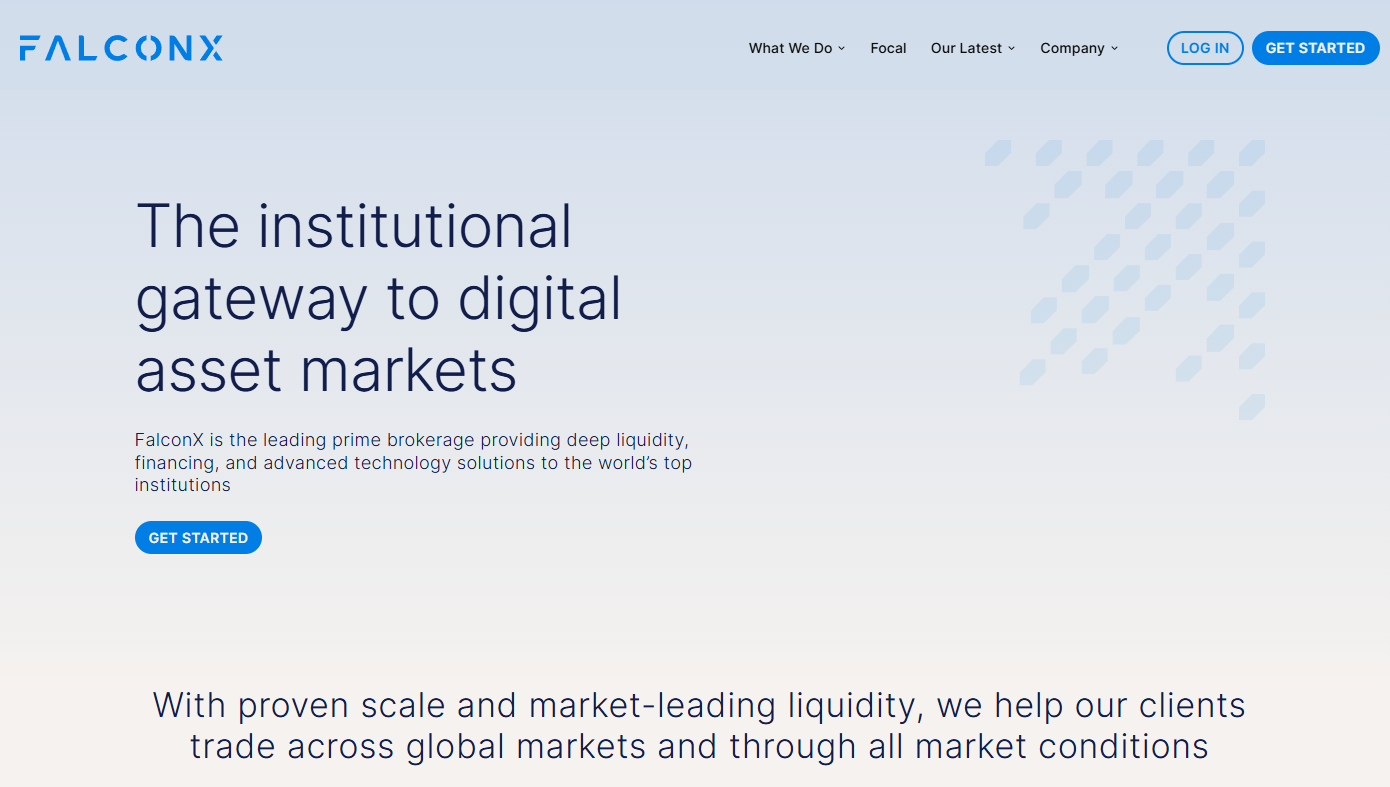
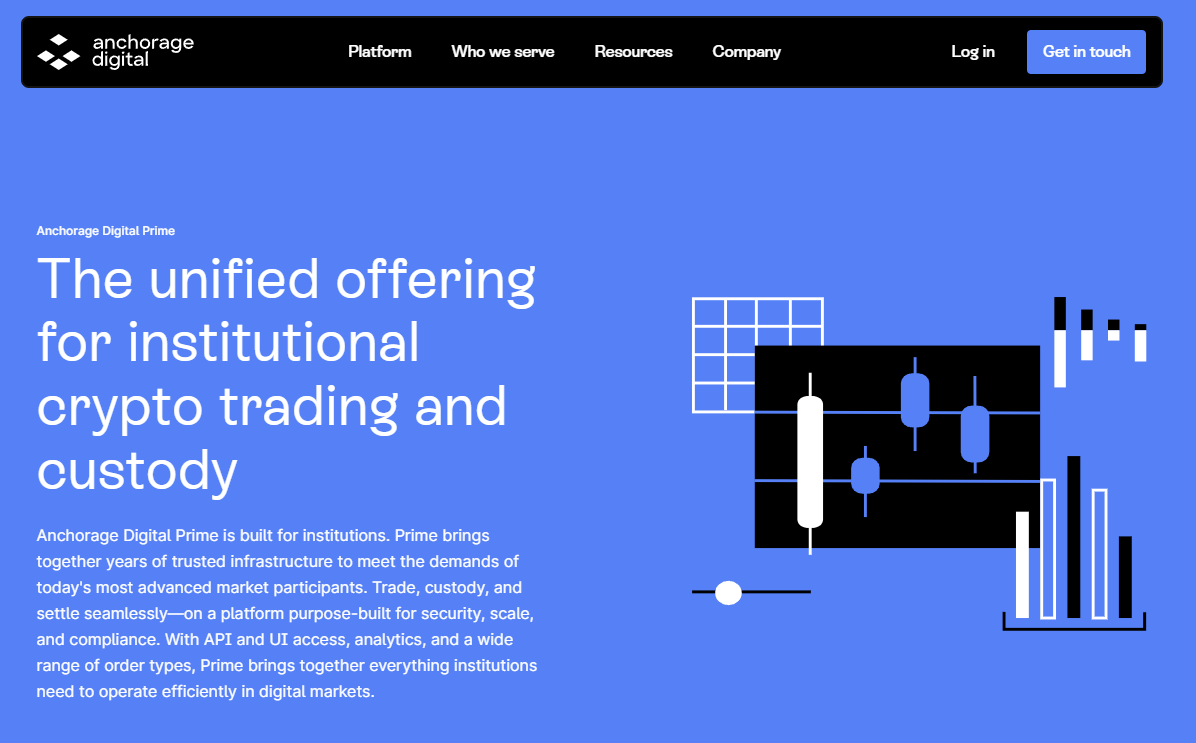




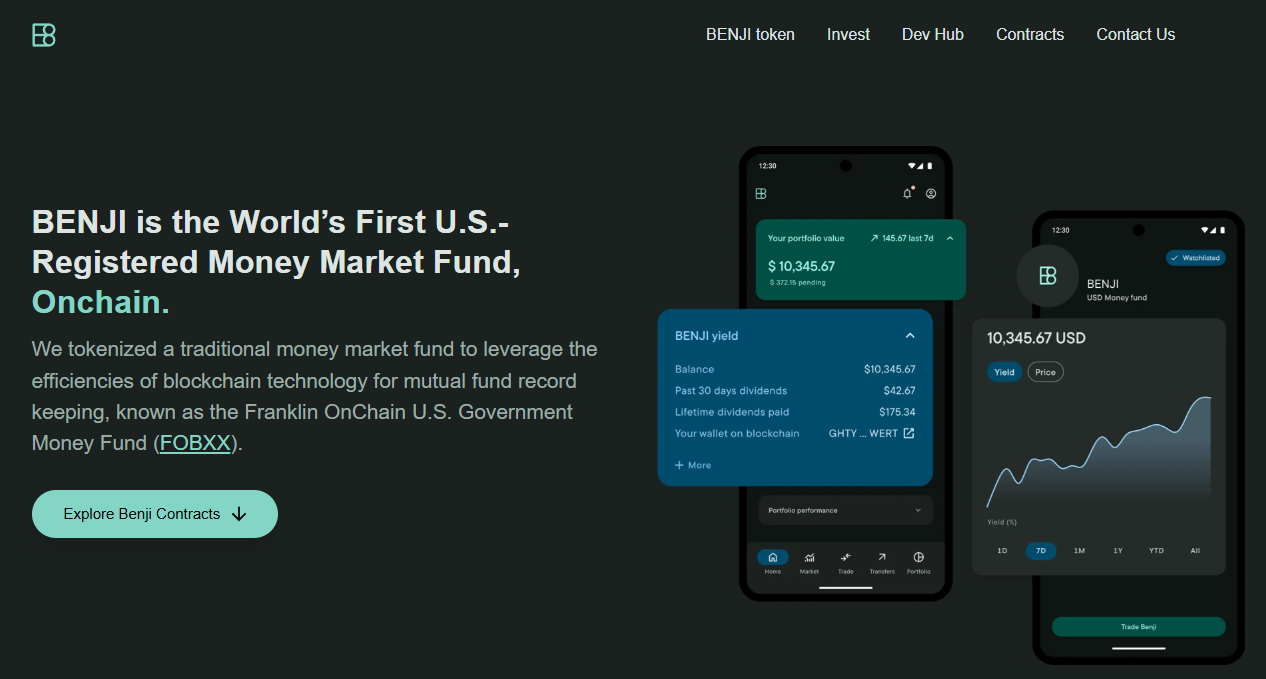




.svg)




.png)